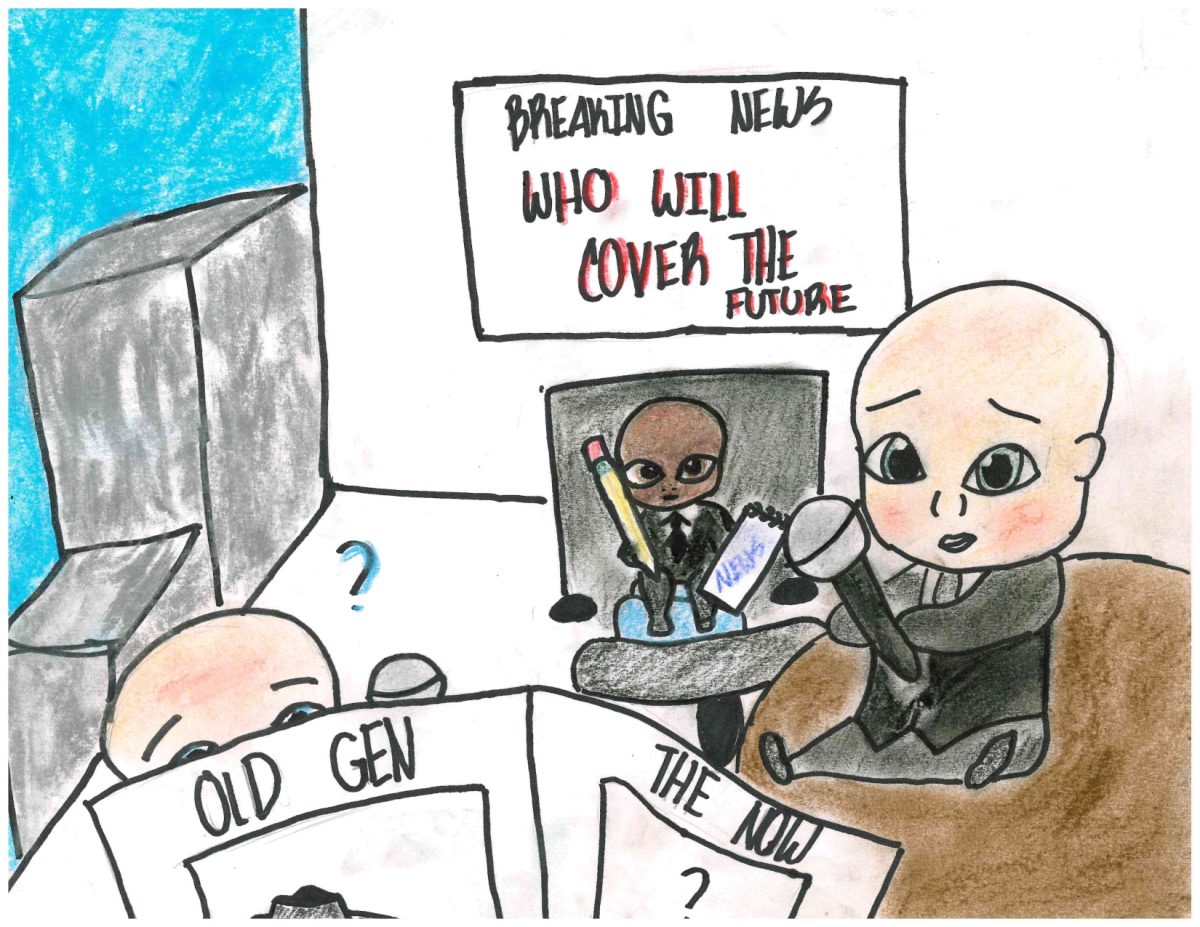Cheating is bad. Is anyone arguing the opposite? Why, then, do people continue to cheat? Perhaps they do not know what they’re doing is cheating.
Cheating is when you knowingly copy someone’s homework.
Cheating is when you copy formulas into your calculator that ae supposed to be memorized.
Cheating is when you knowingly ask for the material on a test before you’ve taken it.
Cheating can be a wide variety of things, but they all boil down to any attempt to have an unfair advantage on any work.
As students in this age of technology, we have a responsibility to ourselves to act with integrity. We must hold ourselves to a high standard where cheating is unacceptable, because it ultimately harms us.
Most students understand cheating to be leaning over during a test and copying someone’s answers.
The reality is that cheating encompasses much more than the classic leaning over during a test.
Why do people cheat?
On the surface it seems like an easy question to answer. People cheat to get better grades without working as hard.
That may be true, but it is not the only reason why people cheat. Everyone has their own motivations for what they do.
Let’s establish one thing off the bat— cheating is unequivocally wrong.
In this highly competitive academic world, however, the reason for why people cheat makes sense.
People cheat often because of the great level of stress they are under to perform well on tests and get the highest grades.
According to Stanford University, cheating is oftentimes linked to the immense amount of pressure on students.
“[A panel of professors] linked cheating to the social pressure put on students to prize high grades over education and other values, including creativity and imagination,” a Stanford University report said.
This prioritization of grades and standardized tests, for most, is the root for why cheating seems to be so prevalent.
This pressure to perform well is drilled into students at such a young age. In elementary school students are assessed on reading level, which is seemingly innocuous.
This, however, starts students down a path with a goal of high scores, not a joy for learning.
Factoring into the equation for why cheating is so prevalent today is the increased availability of technology.
Students can easily send homework answers, share a Google Doc with the summer assignment, and text the previous class for the questions on the test.
Cheating can happen with such ease that many don’t even consider the full weight of what they’re doing.
They do not consider the possibility that what they’re doing is cheating.
The pressure of getting good grades combined with the readily available technology, it is easily understood why so many students cheat.
Out of 43,000 high school students in public and private schools surveyed, The Josephson Institute Center for Youth Ethics concludes that over half of students have admitted to cheating on an assessment.
“Fifty-nine percent of high school students admitted cheating on a test during the last year. Thirty-four percent self-reported doing it more than two times,” the report said.
What is the solution?
One part of the solution is that students stop cheating.
Call it out when you see friends or classmates cheating, and make sure they know why what they’re doing is cheating.
Students can also take more ownership over their learning. Put less emphasis on grades and instead be motivated by learning.
Instead of setting a goal for Honor Roll, set a goal that you learn and master a concept in each class.
At the end of the day, if you have to cheat to achieve a goal, the goal needs to be changed and re-evaluated.
Teachers can also help.
Check in with the students to see if they are overwhelmed.
Place academic integrity over the pacing of a class. Allow students the time it takes to fully understand the content before assessing them on it. Most likely, the scores will improve, and, hopefully, fewer students will have cheated to get them.
Way We See It: Rise in cheating signals a needed change
A needed change in the way we all view education is needed with more teachers and students noticing cheating. This cheating is indicative of a stale view of education and goals.
The Arrowhead Editorial Board
•
December 20, 2019
0
More to Discover






